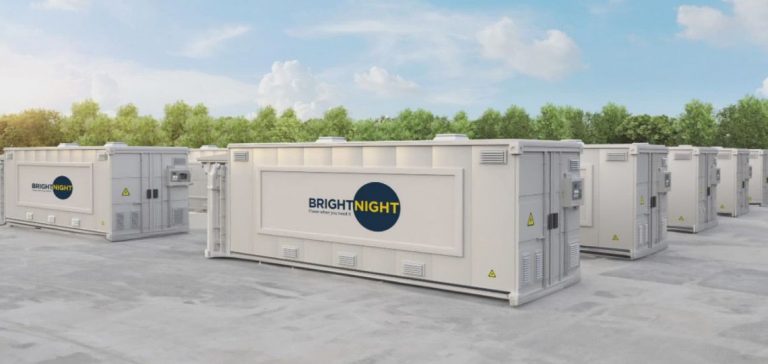The Mortlake Energy Hub by BrightNight, located in Mortlake, Australia, represents a major advancement in Victoria’s renewable energy sector. With an investment of 700 million Australian dollars, this hybrid project integrating solar and energy storage technologies is set to become the largest of its kind in the region.
Spanning 1,060 hectares, the project will include a solar generation capacity of 360 MW as well as a 300 MW battery energy storage system. Once operational, the Mortlake Energy Hub will be capable of providing dispatchable renewable energy to nearly 140,000 homes, thus contributing over 1% of Victoria’s total electricity consumption. Additionally, this project will prevent the emission of more than 40 million tons of greenhouse gases annually.
Government Approval and Support
The project has received approval from the Victorian government under the Development Facilitation Program (DFP), an initiative aimed at accelerating projects supporting the state’s economic growth and climate goals. The Minister for Energy and Resources, Lily D’Ambrosio, stated that the Mortlake Energy Hub would support Victorian households and businesses by providing more affordable energy. Meanwhile, Acting Minister for Planning, Colin Brooks, praised the project as an excellent example of how renewable energy initiatives can be implemented quickly.
Economic and Environmental Impact
The Mortlake Energy Hub is expected to create over 300 local jobs, both during the construction phase and in ongoing operations. This economic dynamism is essential for the region, strengthening Victoria’s position as a leader in the clean energy sector. Furthermore, the project will significantly contribute to Victoria’s renewable energy goals, targeting 65% by 2030 and 95% by 2035.
Community Engagement and Sustainable Development
BrightNight has placed community engagement at the heart of its development process. The company works closely with local stakeholders to ensure that the Mortlake Energy Hub meets community needs and fosters sustainable partnerships. Polly Baranco, Country Head of BrightNight Australia, emphasized that the hub is not only a cornerstone of energy innovation but also a catalyst for regional growth. “We are committed to rigorous planning, high environmental standards, and building lasting relationships with the community,” she added.
Contribution to Energy Transition
As part of Australia’s Net Zero Plan and initiatives such as Powering Australia, the Mortlake Energy Hub will play a vital role in expanding renewable energy, reducing emissions, and supporting job creation and economic growth. This project illustrates BrightNight’s commitment to decarbonizing the energy sector and setting new standards for hybrid projects in Australia and the Asia-Pacific region.





















